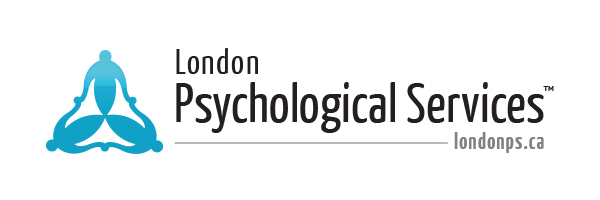Having a baby (or babies) that have been born premature or born with health issues that require a stay in a Neonatal Intensive Care Unit (NICU) turns an already overwhelming situation into a hugely overwhelming situation. Rather than leaving the hospital with your brand new baby, you are thrust into a scary, overwhelming world of the NICU. Babies are teeny, tiny, hooked up to all sorts of medical monitors and rather than snuggling your newborn in the comfort of your own home, you may be unable to even hold your own child for weeks on end. Good days can quickly turn to awful ones. You quickly learn foreign medical lingo that you never, ever wanted to know. The uncertainty is overwhelming. Not shockingly, this can put parents through the emotional wringer. Here are some tips for parents who are experiencing the intense ups and downs of the NICU and tips for their friends and family in how to best support them.
If you have a baby in the NICU:
- Be gentle with yourself. This is a very stressful time for you and it’s completely understandable to feel overwhelmed, anxious, sad, and completely shell-shocked by this experience. This will likely be one of the most emotionally exhausting experiences of your life. Don’t judge or criticize yourself for how you are reacting.
- Practice as much self-care as possible. Try to get some good sleep (which can be a challenge for moms who are pumping breast milk every 3-4 hours). Try to eat regular meals. Go on short walks. As hard as it may be to leave the hospital, breaks can be so important for your well-being.
- Right now you are in survival mode. This is not the time to start new projects, keep up with your social obligations or take on any additional responsibilities.
- Ask for specific help from your family and friends. They likely want to help and support but may be at a loss as to what will be helpful. Ask for meals, rides to the hospital, babysitting for older siblings, help with specific household chores like cutting the grass. People are much more likely to spring into action when they have a specific task (trust me, people want to help!).
- Try to connect with other parents in the NICU. Having a support system that knows exactly what you are going through can be beneficial. You may also get a lot of valuable information from parents who are a bit further ahead of you in their own journey.
- Feel free to ask the NICU staff lots of questions about your baby and their care. One of the worst parts of the NICU experience is feeling like an outsider in the care of your own child. Ask how you can be involved in caring for your child whether it’s changing their diaper, bathing them, or doing kangaroo care.
- Prepare yourself for the long road ahead after discharge. Your child may need to be followed up very closely for the first few years of their life. They may have long term health effects that need attention. Even if there are no long-term physical effects for your child, there may be long-term emotional effects for you. Parents of children who have had NICU stay can develop symptoms of anxiety, depression and Post-Traumatic Stress Disorder. Counselling may be beneficial if you find that you continue to be emotionally overwhelmed.
If someone you love has a baby in the NICU:
- Congratulate the parents on the birth of their child. While the circumstances may not be ideal and this is a very scary time for the parents, they have just welcomed a new member of their family. This simple act can help normalize a very stressful situation.
- General offers of help will likely go unanswered. It may be difficult for the parents to ask for help, so offer to do specific tasks. Feel free to read Know a New Mom? 10 Things You Can Do To Support Her for ideas on how to support the new parents.
- Don’t bombard the parents with questions. While it is very understandable that you are concerned, it can feel overwhelming to parents. Allow them to share information at the speed and in the mode that they are most comfortable with. Most importantly, just give them an opportunity to be listened to. Ask how they are doing.
- If you even have the slightest hint of a cold, stay away from the NICU. Seriously, even a tickle in your throat, stay home. All the parents of the babes in the NICU will thank you.
- When baby is discharged from the hospital, check in with the parents if they are up for visitors. Wash your hands when you get there as premature or medically compromised babies can be more susceptible to illness, particularly around cold and flu season. The parents may feel awkward in asking you to wash up.
- Ask how the parents are doing. Significant life stressors, such as a premature or sick child, can be a risk factor for postpartum depression, postpartum anxiety, and Post-Traumatic Stress Disorder. Keep an eye out on both mom and dad. Emotional symptoms may start to develop months after discharge, so keep checking in.
A NICU stay can be an incredibly traumatic event for parents, so they are in high need of support and self-care. Don’t be shy to ask or offer help during this highly stressful time.

